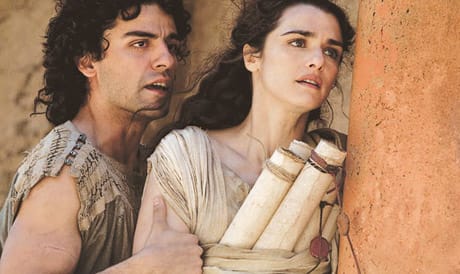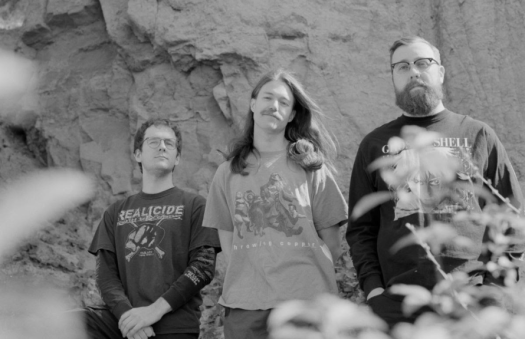While introducing Agora, Alejandro Amenabar explains that he wanted to make a movie about the cosmos, but ended up making one about the Roman Empire in Egypt. A look at the trailer on this DVD would confirm this as a swords and sandals epic with equal parts blood and sand. And yet this film is about so much more. The year is 391 CE, in the still magnificent city of Alexandria. We are introduced to Hypatia (Rachel Weisz) giving a class on gravity a millennia before we called it so. She is looked upon by at least two admirers: her student Orestes (Oscar Isaac) and her slave Davus (Max Minghella). Her father is the curator of the great library of Alexandria, a nexus of scholarship due to its vast collection of manuscripts. However, religious tensions with the old pagan elite and the newly converted Christians lead to the incalculable destruction of the library. Amidst the ongoing politicking of pagans, the Christians and later, the Jews in the city, Hypatia continues to explain the heliocentric model of our universe. While depictions of religious tensions are sometimes heavy handed (the Christian characters are almost always bloodthirsty, crafty or both), this film is more than a treatise on rationality versus fundamentalism. The history might be spotty, but this is also a film about pedagogy, astrology, politics, gender relations and much more. A further peek into the special features of this DVD includes a documentary on Alexandria as "the Greatest City," present to illustrate the nexus of power in this city and the magnitude of the destruction of the library. Despite its clumsiness, there is something deeply admirable about this beautifully crafted movie about ideas, which packs this much into its story and refuses to treat its audience like they're stupid.
(eOne)Agora
Alejandro Amenabar

BY Naafia MattooPublished Nov 1, 2010



